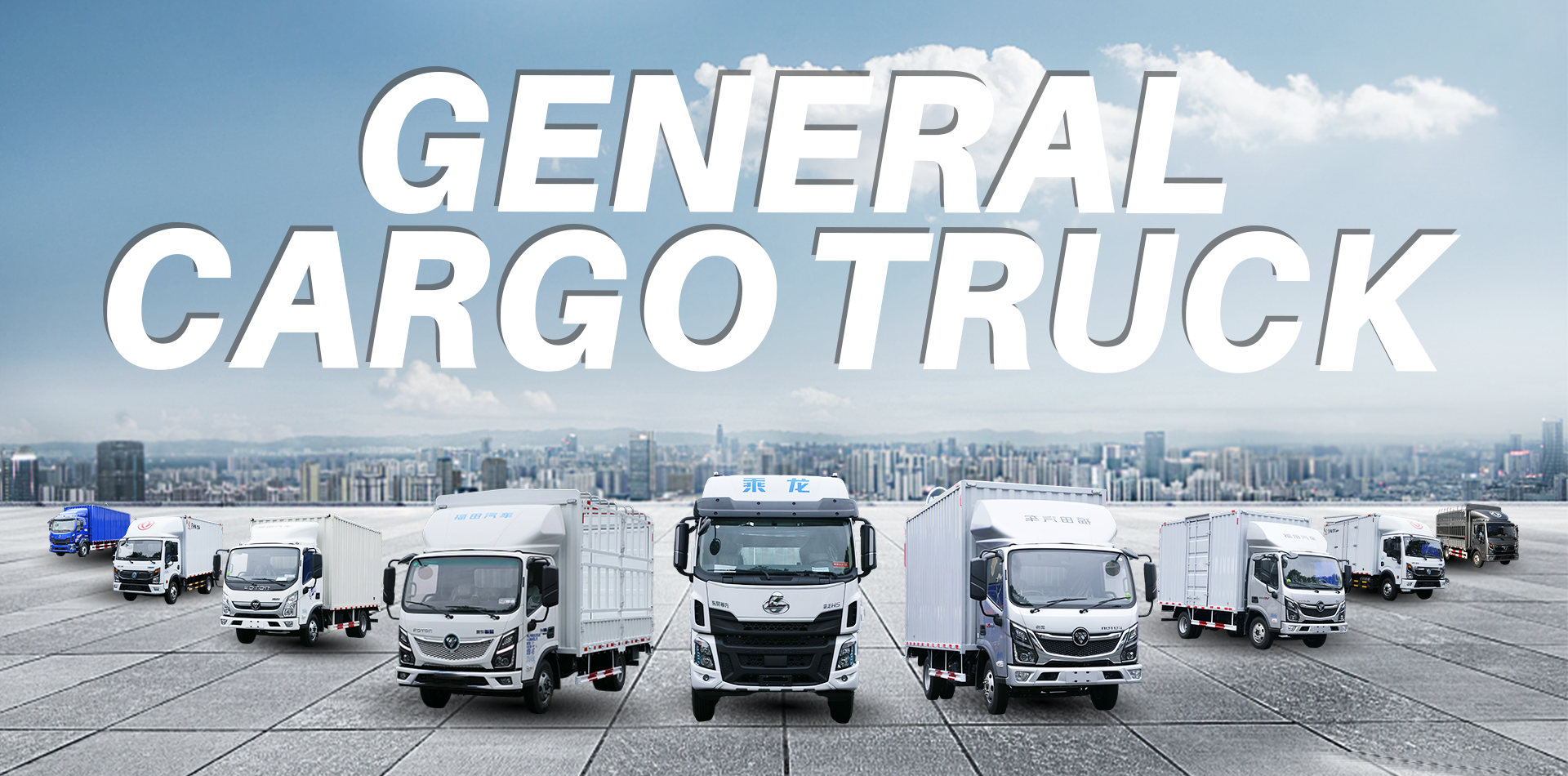Understanding Box Truck Varieties and Applications
Refrigerated Box Trucks: Ideal for Perishable Goods
Refrigerated box trucks are built specifically for the transport of temperature sensitive cargo to keep products fresh and high quality during travel. These trucks are equipped with high-tech insulation and state-of-the-art cooling units that are capable of holding interior temperatures from as low as 0°F - 50°F, allowing us to deliver any perishable goods. The past few years have seen an 18% spike in demand for these trucks, predominantly propelled by the explosion of e-commerce and food delivery services. The temperature of the vehicles, compliance with health regulations… (is) very important when you purchase these type of vehicles.
Electric Box Trucks: Sustainable Transport Solutions
Electric box trucks are becoming an a sustainable alternative, thereby making a large contribution in forwarding the irreversible one-step process of an ever greener environment. With cities enforcing tighter emissions standards, companies are now more and more turning their attention to electric vehicles in order to benefit from reduced running costs. While upfront costs may be higher, total cost of ownership is typically lower due to incentives, lower fuel costs, and less maintenance. Big players such as Isuzu and Ford are paving the way for manufacture of game-changing models that meet the demands of an eco-friendly consumer.
Isuzu and Ford: Leading Models in the Market
Both Isuzu and Ford box trucks are known for their longevity and dependability which are the reasons why so many businesses choose them. Isuzu in particular has a strong track record of manufacturing box trucks that will hold up to tough use, and Ford combines impressive performance with the latest technology improvements in order to keep fuel costs down. Respected brands based on positive customer feedback and have strong market shares! Assessing user reviews and judging reliability scores from reputable sources can help narrow your pool of potential models.
Key Features to Evaluate in Box Trucks for Sale
GVWR and Payload Capacity: Matching Your Cargo Needs
Knowing Gross Vehicle Weight Rating (GVWR) is crucial for choosing the right box truck. GVWR is the max load a truck can safely carry including the weight of the truck, passengers, and cargo. Trucks are used in all types of businesses and each of these businesses have their own needs when it comes to the payload and those needs should be in line with how the truck comes from the factory to make sure everything is safe and legal. Box trucks can wield anywhere from 10,000 lbs. for smaller models up to 33,000 lbs. or more for larger ones. Accurate load determination prevents over-loadingâa hazard that may result in heavy fines as well as accidents. So the knowledge of what your needs for cargo are is going to be highly important in selecting a box truck.
Body Length and Material: Balancing Space and Durability
Finding the perfect body length for a box truck makes a world of difference when it comes to an appreciable amount of cargo space and how easy the truck is to drive, especially in the tight quarters of the city. Usually, box truck bodies are made from materials such as aluminum, for weight savings, and steel, which is strong and durable. Beyond the travel needships, it is also important to choose a material that can support the weight of the load. Body lengths of between 12’ and 26’ are normal to meet any particular application need. Considering these factors can help you improve the power and durability of your truck.
Add-Ons Like Lift Gates and Shelving for Efficiency
Equipping a box truck with features such as lift gates and shelves can greatly improve utility. By making it easier to load and unload heavy or bulky items lift gates increase efficiency and reduce back injuries. As for the interior, shelving systems are installed in the box truck to help organise the freight and make the delivery process as efficient as possible. Purchasing these extra add-ons might be well worth the cost as studies have shown an increase in loading efficiency of as much as 25%. The extent of customisation varies from one manufacturer to the next, so it is recommended that potential buyers consult with sales representatives to determine their specific needs.
Benefits of Choosing the Right Box Truck
Maneuverability in Urban vs. Long-Haul Environments
Choose the perfect box truck for your city needs and long haul duty, and this will have a great effect on your logistics efficiency. On the city that is too small, compactibility is essential for getting round tight corners and past congestion. In surveys, 60% of fleet managers say they favor city delivery capability. This focus is used to maximize delivery routes and operations. Long haul box trucks, on the other hand, prioritize comfort and fuel economy and tend to have larger turning radius’ that proves useful for ample highways and not too often seen inside the city. Knowing these differences allows you to fit your needs, be it urban delivery or lengthier, intercity trips.
Cost-Effectiveness: New vs. Used Box Trucks
Whether to consider buying new or used box trucks should be the main factor while determining the cost effectiveness. Brand-new trucks come with warranties and the most current bells and whistles. * Box Trucks sales prices are often times the same as used prices, providing a significant financial benefit for a larger initial investment, with some models of 30% of their cost, after the first year. There are also differences in the financing options; new trucks may carry low-interest loans, which can be a plus. Once again, though, itâs important to closely scrutinise second-hand trucks from a dealer if youâre after longevity. Both choices present individual financial advantages depending on your budget and operating requirements.
How to Select the Best Box Truck for Your Business
Assessing Fuel Efficiency and Maintenance Costs
Particularly when purchasing a box truck, assessing the fuel efficiency is important in determining operating expenses throughout the life of the vehicle. Newer style box trucks are now achieving around 12 MPG which is a great news for businesses. Not to mention the maintenance costs, which typically come in at an average of $500 a year (again, depending on the model of your truck and the frequency of its utilization.) Service records from sellers can be indicative of future costs and reliability. The Total Cost of Ownership (TCO) must also be determined, including fuel, insurance and maintenance to make the decision clear.
Regulatory Compliance: Licensing and Weight Limits
Purchasing a box truck relies on knowing the rules, and multiple laws on local and federal levels govern truck size, weight limits and what kind of license you’ll need. Non-adherence can lead to hefty fines, necessitating comprehensive review and knowledge of such rules. As rules can be vastly different from one state to the next, it's important to refer to local transport authorities for the latest directives. If all that sounds confusing, it is; so if you’re not comfortable trying to follow these rules on your own, you should consider hiring a compliance consultant, or using resources available through organizations like the Federal Motor Carrier Safety Administration (FMCSA). This is one way you can successfully wade through all of these complex and sometimes confusing regulatory requirements, allowing you to work your business in a hassle free manner.

